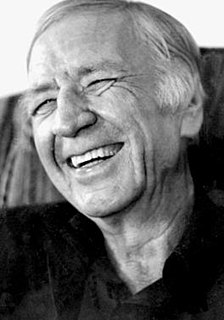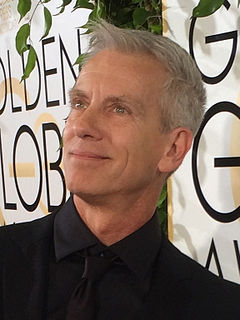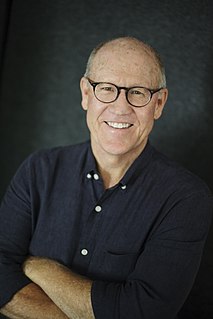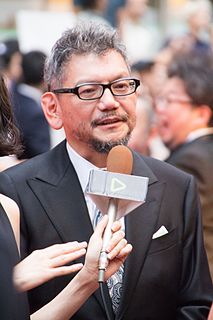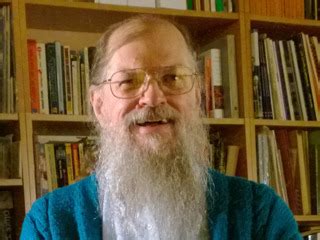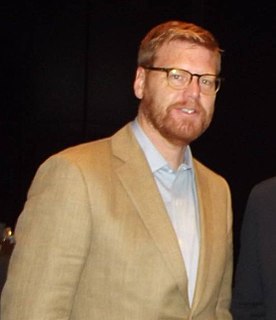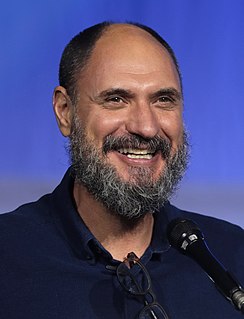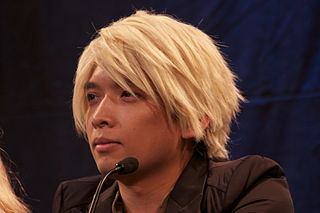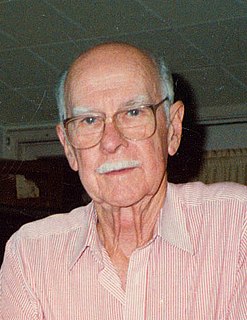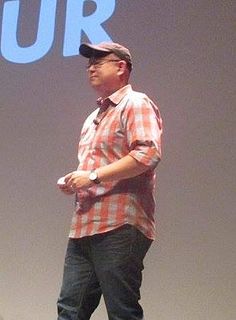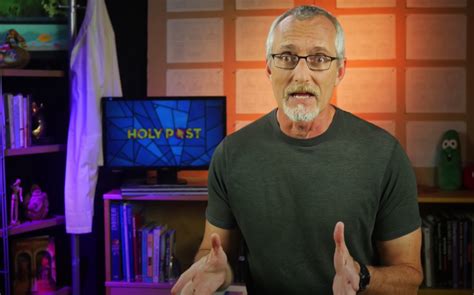A Quote by Don Hertzfeldt
It's one of those things that if I was smart enough to explain it in words, I wouldn't have had to make a movie "World Of Tomorrow" out of it. It's a love letter to science fiction.
Related Quotes
Dad always said that he had enough trouble sorting the fiction out of so-called facts, without reading fiction. He always said that science was already too muddled without trying to make it jibe with religion. He said those things, but he also said that science itself could be a religion, that a broad mind was always in danger of becoming narrow.
For me, two of my favourite science fiction films are Blade Runner, which is fantastic, and Terry Gilliam's Twelve Monkeys. Both of those were smart science fiction films hitting more of a medium budget, and I desperately hope there is an audience for that kind of film because I would love that to be my next film, on that kind of scale.
Most science fiction is about tomorrow, a tomorrow brought to you by innovations in science and technology, and China was worried that if they just have everybody learning what is, they're not going to be in a position to invent a tomorrow because their brain isn't even wired to go in that direction.
Literary science fiction is a very, very narrow band of the publishing business. I love science fiction in more of a pop-culture sense. And by the way, the line between science fiction and reality has blurred a lot in my life doing deep ocean expeditions and working on actual space projects and so on. So I tend to be more fascinated by the reality of the science-fiction world in which we live.
Science fiction is the most important literature in the history of the world, because it's the history of ideas, the history of our civilization birthing itself. ...Science fiction is central to everything we've ever done, and people who make fun of science fiction writers don't know what they're talking about.
Science fiction is a weird category, because it's the only area of fiction I can think of where the story is not of primary importance. Science fiction tends to be more about the science, or the invention of the fantasy world, or the political allegory. When I left science fiction, I said "They're more interested in planets, and I'm interested in people."
'Filk' is the folk music of the science fiction and fantasy community - you get parodies, you get traditional music that's had the words slightly modified, and you'll also get just original works that have been written about science fiction and fantasy works, or with science fiction and fantasy themes.

